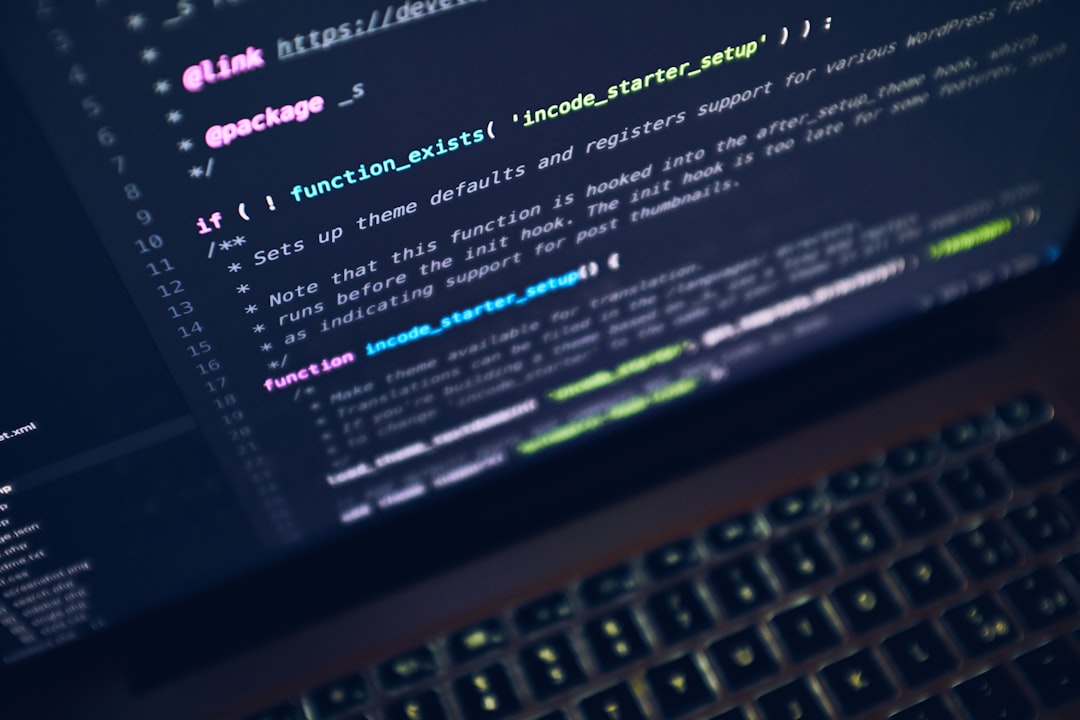
Artificial Intelligence Revolutionizes Industries: The Future of Automation is Now
The rapid evolution of technology has brought forth an era where Artificial Intelligence (AI) is not just an abstract concept but a driving force behind industrial transformation. Embracing this revolution, industries worldwide are leveraging AI to enhance productivity, improve decision-making, and streamline operations. As we delve deeper into the future of automation, it becomes clear that AI is not just a tool; it is an essential catalyst for innovation.
Understanding Artificial Intelligence in Automation
Artificial Intelligence, in the context of automation, refers to the development of systems that can perform tasks typically requiring human intelligence. This includes learning from data, recognizing patterns, making decisions, and improving over time. The application of AI technologies can be seen across various sectors, from manufacturing and healthcare to finance and retail.
Current Developments in AI Automation
-
Machine Learning and Predictive Analytics
Machine Learning (ML), a subset of AI, allows systems to learn from historical data and make predictions about future outcomes. Industries are leveraging predictive analytics to forecast trends, customer behavior, and potential risks, enabling them to make proactive decisions. For instance, in retail, companies like Amazon use ML algorithms to recommend products based on previous purchases, enhancing customer experience and driving sales. -
Robotic Process Automation (RPA)
RPA refers to the use of software robots to automate repetitive tasks. This technology is gaining traction in sectors such as finance, where it is used for invoice processing and reconciliation. By automating mundane tasks, organizations can free up human resources for more strategic initiatives. According to a study by Gartner, RPA can reduce operational costs by up to 30%. -
Natural Language Processing (NLP)
NLP is revolutionizing customer service. AI-powered chatbots and virtual assistants are capable of understanding and responding to customer inquiries in real-time, providing a seamless experience. Companies like Zendesk are integrating NLP into their platforms, allowing businesses to improve response times and customer satisfaction. -
Computer Vision
In manufacturing, computer vision systems are used for quality control. By employing AI algorithms, these systems can detect defects in products at a speed and accuracy that exceeds human capabilities. For example, Tesla utilizes computer vision in its manufacturing plants to ensure high-quality output and reduce waste.
Emerging Trends in AI and Automation
As industries continue to adopt AI technologies, several trends are emerging that will shape the future of automation:
1. Hyperautomation
Hyperautomation refers to the combination of RPA, AI, and other advanced technologies to automate complex business processes. This trend is pushing organizations to rethink their operational models, allowing them to achieve end-to-end automation. A recent report by McKinsey highlights that hyperautomation can significantly enhance operational efficiency.
2. AI Ethics and Governance
As AI becomes more integral to business processes, concerns regarding ethical implications and governance are rising. Companies are now focusing on establishing frameworks to ensure responsible AI use, addressing issues such as bias and transparency. Organizations like the Partnership on AI are at the forefront of developing guidelines for ethical AI practices.
3. Integration of AI with IoT
The integration of AI with the Internet of Things (IoT) is set to revolutionize industries further. Smart devices equipped with AI can analyze data in real-time, leading to improved decision-making and operational efficiency. For instance, in agriculture, IoT sensors combined with AI algorithms can optimize irrigation and crop management, resulting in increased yields.
Case Studies: AI in Action
1. Healthcare
The healthcare industry is witnessing a transformation with the integration of AI. For instance, IBM’s Watson Health uses AI to analyze vast amounts of medical data, assisting doctors in diagnosing diseases and personalizing treatment plans. This not only improves patient outcomes but also enhances operational efficiency in healthcare facilities.
2. Manufacturing
Siemens has implemented AI-driven predictive maintenance solutions in its manufacturing processes. By analyzing equipment data, Siemens can predict failures before they occur, minimizing downtime and reducing maintenance costs. This proactive approach has led to increased productivity and cost savings.
3. Finance
JPMorgan Chase employs AI algorithms to analyze market data and identify trading opportunities. This has not only increased the speed of transactions but also enhanced the accuracy of investment decisions, giving the bank a competitive edge in the financial market.
Expert Opinions on AI and Automation
According to renowned AI expert Andrew Ng, “AI is the new electricity.” Just as electricity transformed industries over a century ago, AI is now set to revolutionize the way businesses operate. He emphasizes the importance of adapting to this change, stating, “Companies that embrace AI will be the leaders of tomorrow.”
Conclusion: Embracing the Future of Automation
The Artificial Intelligence revolution is undoubtedly reshaping industries across the globe. As organizations harness the power of AI, the future of automation looks promising. By automating mundane tasks, improving decision-making, and enhancing customer experiences, businesses can achieve remarkable efficiency and growth.
For those looking to delve deeper into the world of AI and automation, consider exploring resources like MIT’s AI research initiatives or reading about AI applications in specific industries through various online platforms.
To stay updated on the latest trends in technology, consider subscribing to newsletters from reputable sources or following industry leaders on social media. This will keep you informed and prepared to navigate the AI-driven landscape.
By embracing the future of automation, industries can not only improve their productivity but also pave the way for innovative solutions that will define the next era of business.
Further Reading & Resources
Glossary of Terms
- Artificial Intelligence (AI): The simulation of human intelligence in machines.
- Machine Learning (ML): A subset of AI that enables systems to learn from data.
- Natural Language Processing (NLP): A branch of AI focused on the interaction between computers and humans through natural language.
- Robotic Process Automation (RPA): The use of software robots to automate repetitive tasks.
By understanding and engaging with these advancements, businesses and individuals can position themselves at the forefront of this technological revolution.


